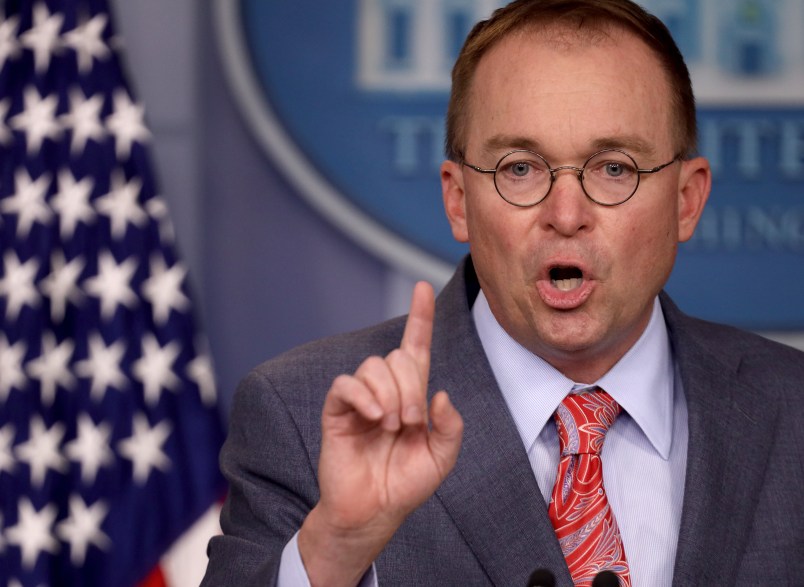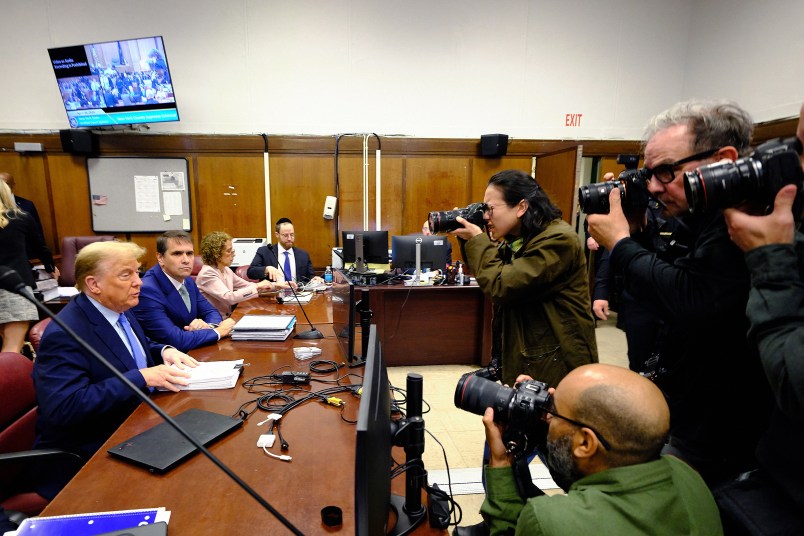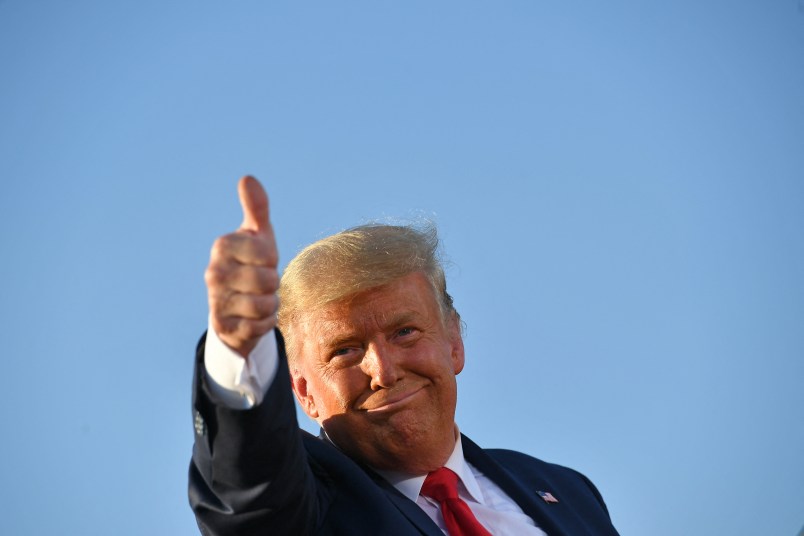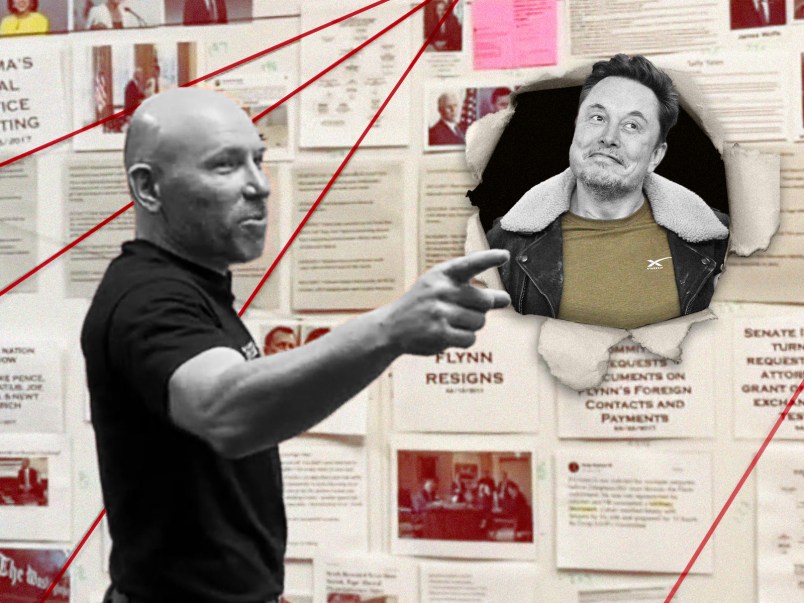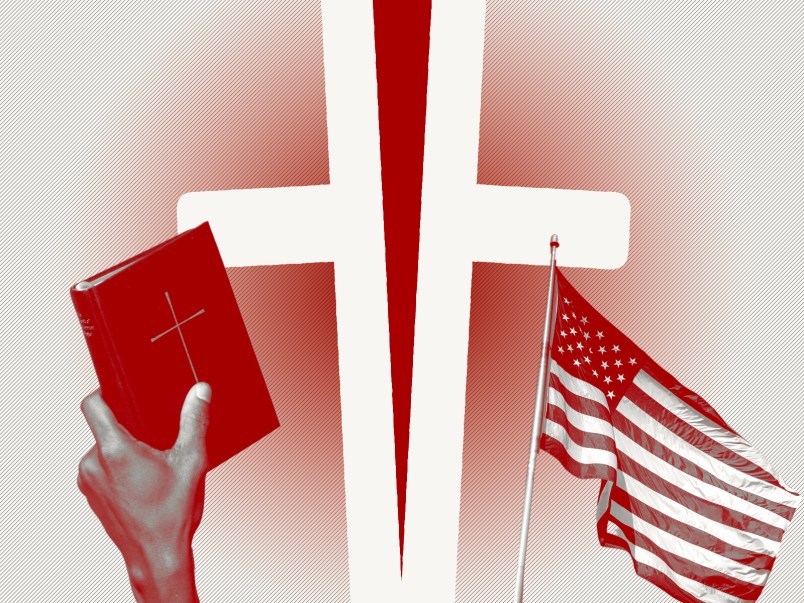The Ukrainian government was made aware just a few days after the country’s President spoke with President Donald Trump on the phone that military aid was being held up purposefully, The New York Times reported Wednesday.
The new revelation undermines a defense that Trump supporters grasped hold of in the hours after Ambassador Bill Taylor’s bombshell testimony Tuesday: It couldn’t be a quid pro quo if Ukraine wasn’t aware security assistance was being withheld.
A Pentagon official reportedly discussed the issue directly with a Ukrainian official, the Times said.
The report cited interviews and documents the Times had obtained. The Ukrainians were made aware that the aid freeze was “not a bureaucratic glitch,” in the paper’s words, but rather a problem that ought to be addressed with White House chief of staff Mick Mulvaney.
The White House has pointed to the timeline of Ukraine’s supposed awareness about missing military aid as a defense against charges of a “quid pro quo” by Trump. If Ukraine wasn’t aware that military money was being withheld, the argument goes, how could they have felt pressure to investigate Trump’s political rivals? Trump tweeted such an argument on Wednesday.
The Pentagon announced in June that Ukraine would receive a nine-figure assistance package from the U.S., but months ticked by without that money reaching Ukraine. The country is currently engaged in a years-long war with Russia.
An Aug. 28 Politico article revealed the White House’s hold on the aid. But the Times reported that the Ukrainians actually knew in the first week of August that the money was being purposefully withheld.
Per the Times, an unnamed Pentagon official discussed the freeze with an unnamed Ukrainian official in early August. The Pentagon official urged the Ukrainian to reach out to Mulvaney, who the Pentagon official said had been pushing for the aid to be withheld, the Times said.
The anonymous whistleblower whose complaint kicked off the House’s impeachment inquiry also mentioned an “early August” awareness from the Ukrainians, the Times noted. “As of early August, I heard from U.S. officials that some Ukrainian officials were aware that U.S. aid might be in jeopardy,” the whistleblower wrote.
The Pentagon official also reportedly made clear that Andriy Yermak, an aide to Ukrainian President Volodymyr Zelensky, should reach out to Mulvaney, the Times said.
On July 25, just before Trump pressed Zelensky in a phone call to investigate Trump’s political rivals, the then-U.S. Special Envoy to Ukraine Kurt Volker texted Yermak.
“[A]ssuming President Z convinces trump he will investigate / ‘get to the bottom of what happened’ in 2016, we will nail down date for visit to Washington,” Volker texted, referring to a meeting with Trump in that Zelensky wanted.
A few days later, on Aug. 2, Giuliani met with Yermak in Spain.
In September, U.S. ambassador to the European Union Gordon Sondland reportedly told Yermak that “the security assistance money would not come until President Zelensky committed to pursue the Burisma investigation,” according to written testimony Tuesday from Taylor.
Mulvaney “had absolutely no communication with the Ukranians about this issue,” an unnamed administration source told the Times.





